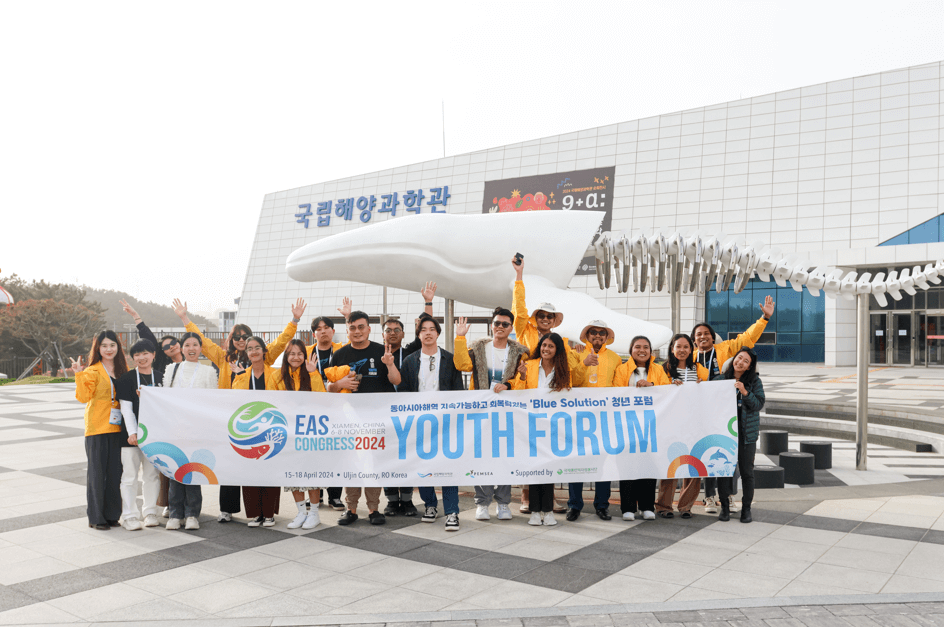NOWPAP Updates
Wednesday, 11 May 2016

New staff, new e-mail addresses in NOWPAP
In May, NOWPAP RCU Busan office Programme Assistant, Ms. Gyoung Hee KIM, has moved to another UN office in Seoul. New Team Assistant, Ms. Jihee YI, has started working in Busan office since 2 May. Her e-mail address is Jihee.Yi@unep.org. Other RCU staff members will use *.*@unep.org e-mail addresses from 1 June 2016.
NOWPAP CEARAC projects for new biennium
On 7-8 April 2016, the 14th CEARAC Focal Points Meeting has been held in Toyama, Japan. CEARAC Focal Points and experts have agreed on the detailed implementation plans of the two projects for the 2016-2017 biennium. First project will be focused on a feasibility study towards assessment of seagrass distribution in the NOWPAP region. Second project will aim to assess three major pressures on marine biodiversity in the NOWPAP region: non-indigenous species, habitat alteration and eutrophication. Meeting participants also agreed that in the long-term assessment of eutrophication status should be repeated. Cooperation with several NOWPAP partners in the regions (PICES, IOC WESTPAC and NEASPEC) was strongly encouraged.

Recent NOWPAP developments
On 25 February, 10 university students visited Toyama office of the NOWPAP Regional Coordinating Unit (RCU). Students were briefed on NOWPAP structure and major activities being implemented by the NOWPAP Regional Activity Centers. They also asked NOWPAP Coordinator several personal questions about working in the United Nations. Before visiting Toyama RCU office, students were given a lecture at the host organization of NOWPAP CEARAC, Northwest Pacific Region Environmental Cooperation Center (NPEC).

On 15 March, NOWPAP Coordinator participated in the online meeting of Regional Seas Working Group on indicators. During the meeting, recently adopted indicators for Sustainable Development Goals (SDGs) were discussed as well as two more specific indicators used by several individual Regional Seas programmes: one on marine litter and another one on chlorophyll. In total, more than 20 indicators were suggested for possible use by Regional Seas programmes. Next online meeting of Working Group will be held tentatively in summer.



